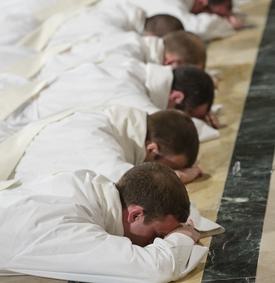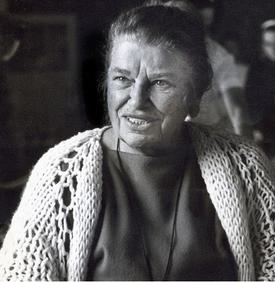
Adulthood: Man Fully Alive
A troubling new trend suggests that instead of being an adult, it is sufficient “to adult” when necessary—that is, to undertake what responsible adults do: pay the bills, control one’s temper, etc. Once the often unpleasant tasks have been accomplished, the role of adult can be cast aside, to be reassumed at a later time. But there must come a time when we put aside “childish ways,” as St. Paul admonishes. Only in laying aside our “I” and embracing the good of the other, wholly and selflessly, can we reach human maturity. This issue takes up the theme of adulthood and the current coming-of-age crisis.


